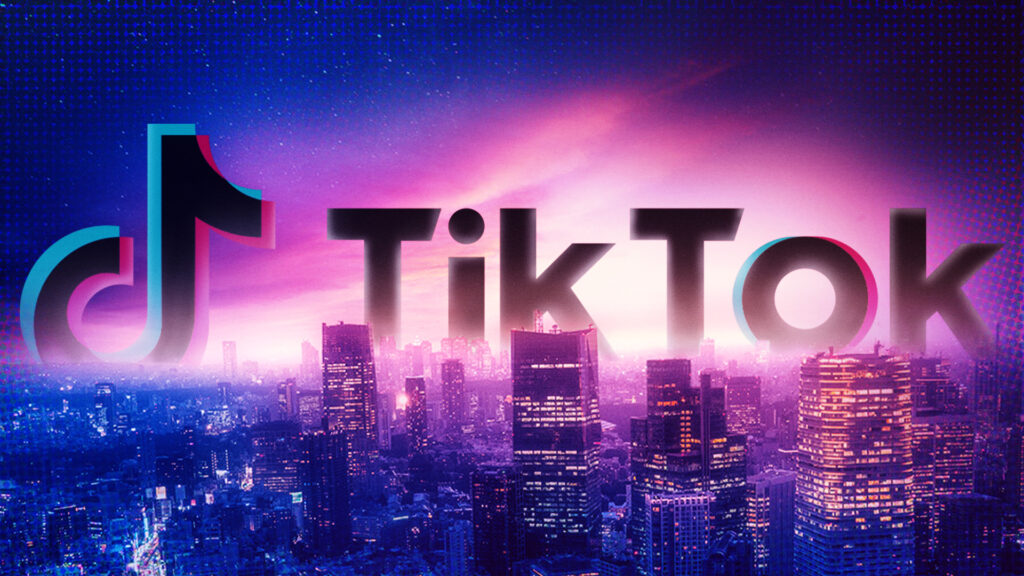The world’s biggest brands don’t appear to be disentangling themselves from Tiktok, as ad spend on the platform increases by 11 percent and Congress mulls The Restrict Act.
TikTok: Come On In, The Ad Revenue Is Fine
TikTok, which doubled its year-over-year ad revenue in 2022—earning approximately $10 billion—is having a moment. Like a popular high school quarterback who got into a spot of bother at the Valentine’s Day dance, TikTok is still at the “cool kids” table, with some of the world’s biggest brands still directing spend to the platform despite the threat of legislation which might impact the platform. In March, advertising grew by 11 percent on the platform, with Pepsi, DoorDash, Amazon, and Apple as top advertisers, despite some creative agencies advising caution, per The Financial Times. Current forecasts suggest that ad revenue will reach nearly $15.2 billion by the end of 2023, per WARC Media, up from $9.89 billion in 2022.
Banned Or Not, TikTok’s Surge Will Make It Hard To Abandon
For marketers seeking to reach Gen Z and Gen Alpha, TikTok is critical to branding, marketing, and direct sales through influencer marketing for many brands and retailers.
With 672 million downloads in 2022, TikTok was the most downloaded mobile app last year. According to Sprout Social, Gen Alpha spent 62 percent more time watching videos on TikTok than on YouTube last year, with the average user spending 95 minutes per day watching videos.
TikTok’s growth is also unlikely to end soon; the app’s user base has grown by an average of 340 million users per year since 2018, per Statista. That will make TikTok hard to abandon if, as some countries have, the US bans its use outright.
Yet TikTok’s future may be uncertain, even if two billion people will likely use the platform in 2024, per Statista. TikTok’s future as a viable platform for marketers may depend on upcoming legislation.
New Legislation May Impact TikTok’s Future
For many government workers, TikTok has become off-limits on personal devices used for work. Britain, Canada, France, India, Pakistan, Taiwan, the governing body of the EU, and the US have all issued rulings restricting government employees’ use of the app in recent months. These rulings were based on lingering security questions that the governments felt were not adequately addressed by numerous statements from the company, including those of Shou Chew, TikTok’s CEO, who declared before the US Congress that TikTok was not “owned or controlled by the Chinese Government.” TikTok, has protested that 60 percent of its shares are owned by international investors, with 20 percent of the shares owned by employees and 20 percent by founder Zhang Yiming.
Currently, the US is considering The Restrict Act, which may impact access to TikTok, but could also change the way other social media companies interact with consumers, marketers, and private data. Portions of the bill read as follows;
- This bill requires federal actions to identify and mitigate foreign threats to information and communications technology (ICT) products and services (e.g., social media applications). It also establishes civil and criminal penalties for violations under the bill.
- Specifically, the Department of Commerce must identify, deter, disrupt, prevent, prohibit, investigate, and mitigate transactions involving ICT products and services (1) in which any foreign adversary (such as China) has any interest and (2) that poses an undue or unacceptable risk to U.S. national security or the safety of U.S. persons.
If the bill is passed, it could lead to further scrutiny of TikTok and other Chinese-owned apps, as well as other social media companies with foreign ownership. The bill has, not surprisingly, been met with protests from politicians and various nonprofits.

